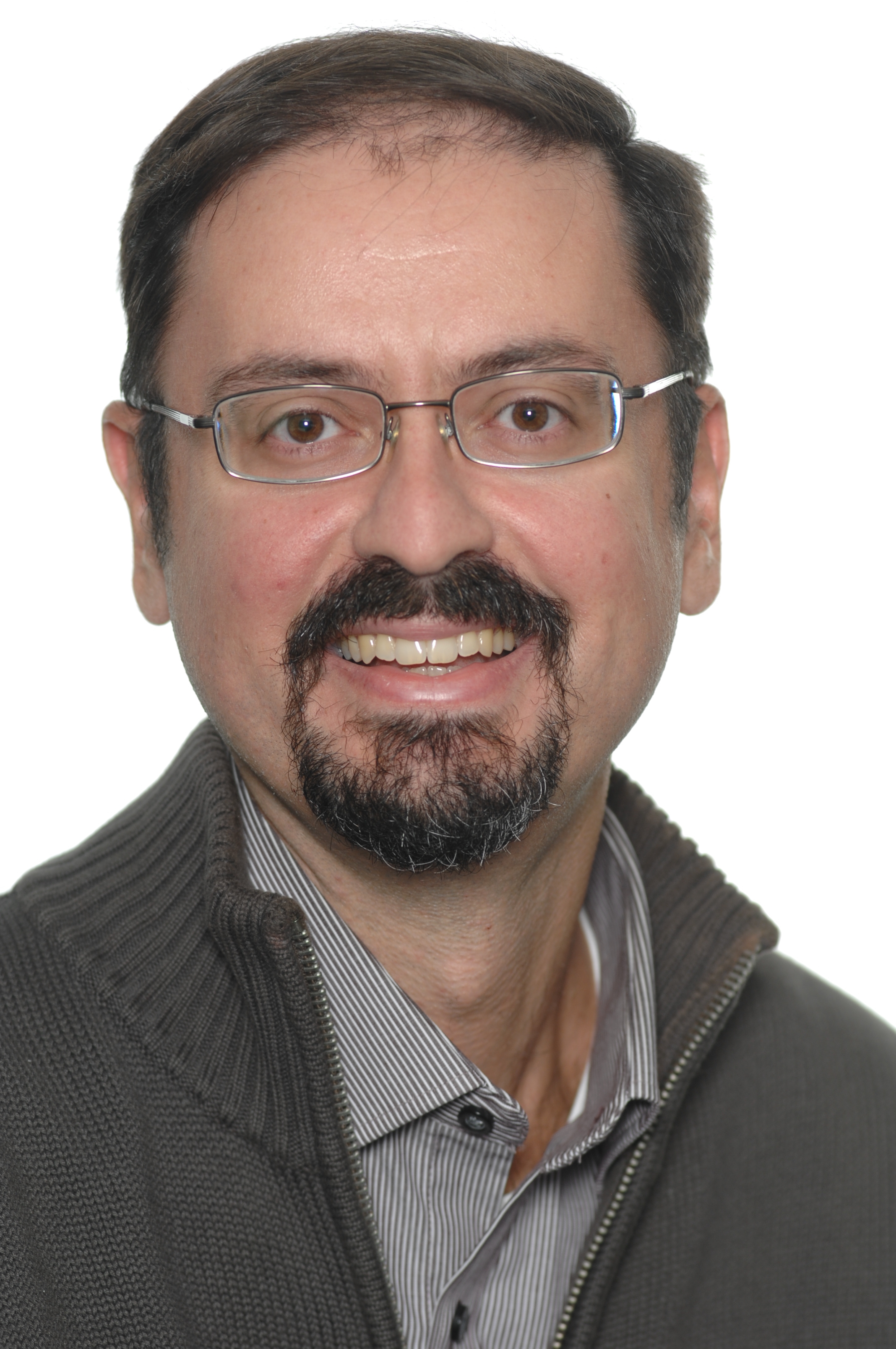Professor Ioannis Nezis

Professor of Cell Biology
Email: I.Nezis@warwick.ac.uk
Phone: 024 765 50400
Office: B174
Twitter: @NezisLab
Nezis webpage
Research Clusters
Microbiology & Infectious Disease
Warwick Centres and GRPs
Warwick Antimicrobial Interdisciplinary Centre (WAMIC)
Tissue Image Analytics (TIA) Centre
Vacancies and Opportunities
Post Docs and PhD students.
Motivated Post Docs and PhD students that want to join the lab are very welcome throughout the year. Please contact Dr Nezis for details.
PhD studentships available through MIBTP-DTC
Research Interests
Autophagy is an evolutionarily conserved catabolic process that involves the degradation of cytoplasmic material through the lysosomal pathway. It is a cellular response in nutrient starvation but it is also responsible for the removal of aggregated proteins, damaged organelles and developmental remodeling. Dysfunction in autophagy has been implicated in an increasing number of diseases from bacterial and viral infections to cancer and more recently in neurodegeneration and other ageing-related diseases. Sequestration and degradation of cytoplasmic material by autophagy can be selective through receptor and adaptor proteins. We are using mammalian cells in vitro and the fruit fly Drosophila melanogaster, as a genetically modifiable model organism to investigate the mechanisms of autophagy and selective autophagy in the context of the physiology of the cell, the system and the living organism. We are particularly interested to study selective autophagy in the context of ageing, neurodegeneration, obesity, infections and tumorigenesis.
Research: Technical Summary
In my group we are interested in the role of autophagy in health and disease. Autophagy is an evolutionarily conserved catabolic process that involves the degradation of cytoplasmic material through the lysosomal pathway. Autophagy is a cellular response in nutrient starvation but it is also responsible for the removal of aggregated proteins, damaged organelles and developmental remodeling. Recent studies have shown that dysfunction in autophagy has been implicated in an increasing number of diseases from bacterial and viral infections to cancer and more recently in neurodegeneration and other ageing-related diseases.
Interestingly, it has been shown that induction of autophagy can increase longevity in multiple animal species. Sequestration and degradation of cytoplasmic material by autophagy can be selective through receptor and adaptor proteins. It is therefore important to identify the proteins required for recognition and targeting of the various autophagic cargo for degradation and to elucidate the role of selective autophagy in normal and pathological conditions, especially at the organismal level. We are using mammalian cells in vitro and the fruit fly Drosophila melanogaster, as a genetically modifiable model organism to investigate the mechanisms of autophagy in the context of the physiology of the cell, the system and the living organism. We have developed several molecular markers for monitoring autophagy in vivo.
The major aims of our research are:
- To identify novel selective autophagy receptors and adaptors
- To understand the cellular and molecular mechanisms of autophagy during ageing
- To elucidate the cellular and molecular mechanisms of autophagy in diseases such as neurodegeneration, obesity, bacterial and viral infections and tumorigenesis
The long term goal of our research is to develop therapeutic strategies for these diseases.
We are studying the function of autophagy genes using a combination of RNAi mediated knock down, targeted gene expression, conditional knock out and we use a wide range of approaches, including confocal microscopy, conventional electron microscopy, immuno-gold electron microscopy, biochemical methods and bioinformatics.
In the media
Pomegranates, turmeric and red grapes: the key to long life?
Article in The Guardian covering Professor Nezis' research in autophagy and links to disease and ageing.
What is intermittent fasting and how does it work?
Article in The Times covering Professor Nezis' research in autophagy with links to fasting and wellbeing.
Intermittent fasting: what is it, how does it work and is it right for you?
Article in The Guardian covering Professor Nezis' research in autophagy with links to fasting and longevity.
|
